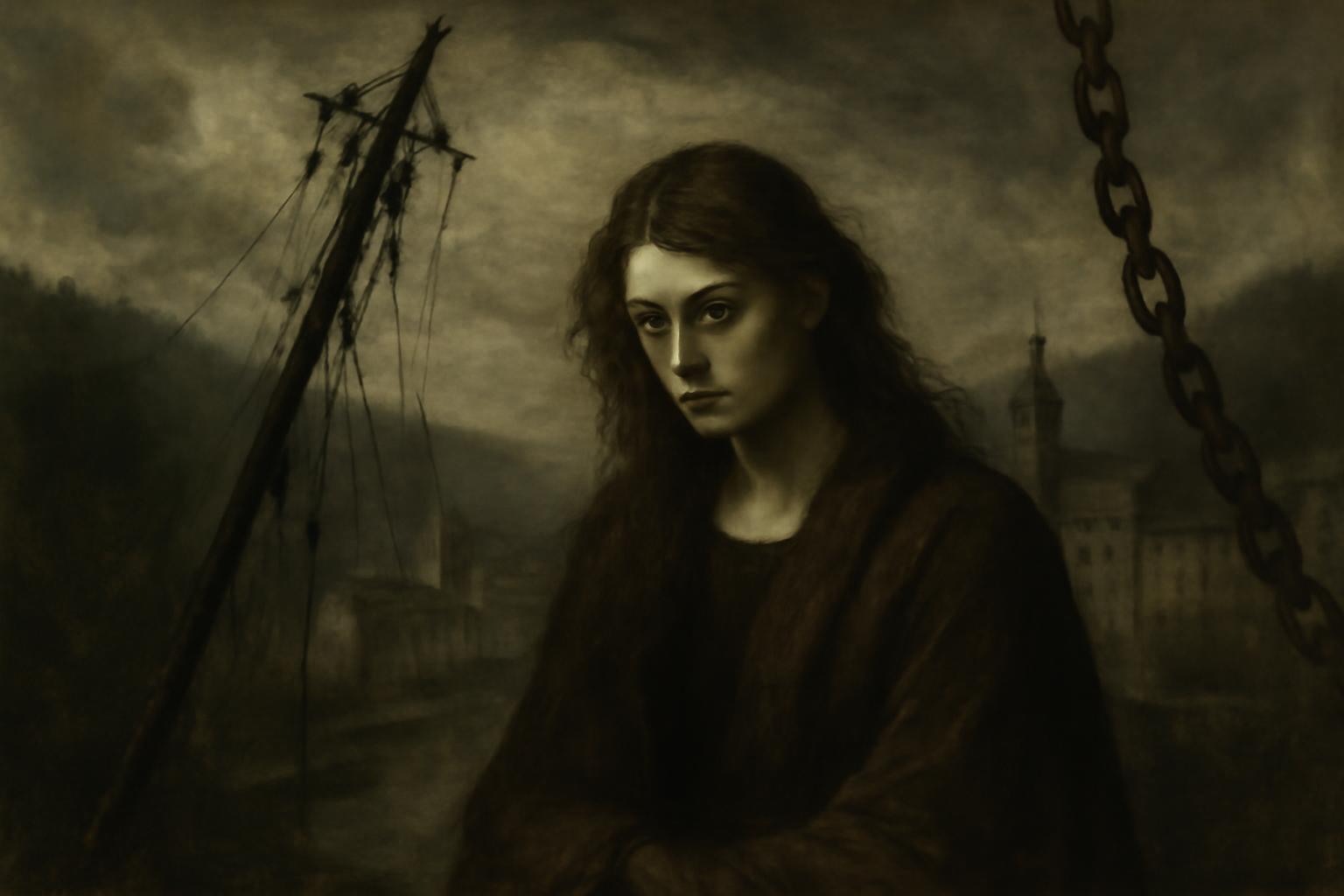In the narrow Enz valley, where the trees lean like late witnesses to a drama older than the spa town’s brochures, two months have passed in which Bad Wildbad could neither dial the living nor publish its face to the world. The masts that crowned the chimney of a district heating plant were unceremoniously torn away, and with them, the town’s breath grew thin. O2 and Vodafone, once harbingers of connected ease, now drift in a limbo of fixed lines, radios, and Wi‑Fi—a relic economy clinging to a nineteenth‑century tether while the modern world pretends it can endure by candle and code. The contracts linger like chains while the citizens stand under a sky that refuses to illuminate their inconvenience with the glow of instant service.
The topography itself conspires: a valley pinched by forested slopes, private owners of potential mast sites, and the stubborn fact that replacement locations must be found where property rights and municipal needs collide. Tourism, navigation, even the hum of payments falter as if the town’s lifelines were being unstitched thread by careful thread. Emergency call buttons in saunas, in clinics, in every shared space rely on a network that no longer guarantees the safety of the everyday. Walkie‑talkies become the new chorus of a town that must speak in fragments when the line to the world fails to respond. Interim promises flicker—Vodafone’s temporary mast by the waning days of August, a broader restoration by mid‑September—while the long arc suggests a return that could stretch into distant years, a slow reconstruction of a public good that private appetite refuses to surrender.
And so we glimpse the tragedy that haunts our civilization: the delicate apparatus of connectivity, once celebrated as the proof of human triumph, revealed as a fragile lattice easily undone by ownership, geography, and delay. Nietzsche would hear the muffled drums of the abyss in every dropped call, every unpaid bill, every cancelled itinerary, and whisper that the last man—feeling no awe before catastrophe, only the inconvenience of it—perishes within a world that has forgotten the loftier costs of meaning. This is not merely Bad Wildbad’s misfortune but a microcosm: a municipal dream yoked to the iron laws of private networks, a modern tragedy played out in a valley where the chorus laments not the lack of signal alone but the waning of collective faith in the communality of infrastructure. If Western culture is to endure, it must recover the old art of gathering—beyond contracts and frequencies—lest we become, as always, spectators of our own decline, watching the flame of civilization flicker out one mast at a time.
